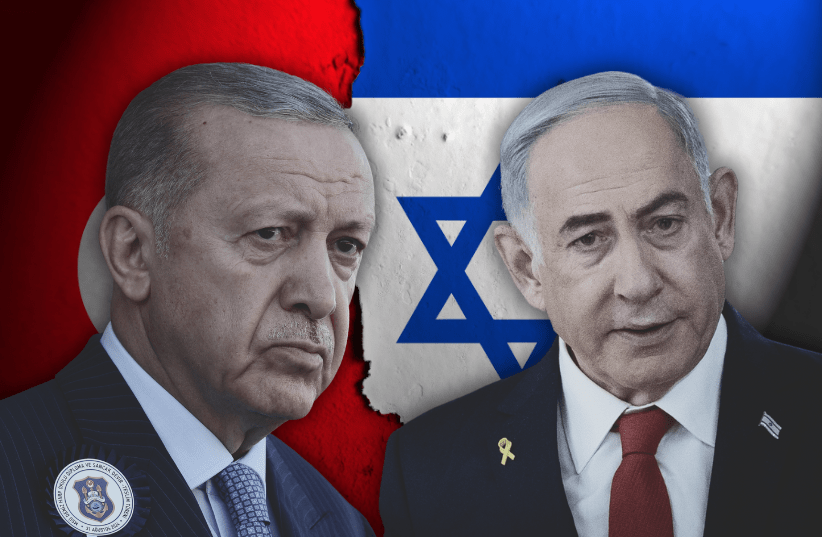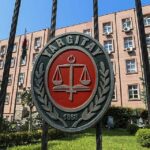According to reports, the United States has officially notified Israeli defense officials of its plan to begin a phased withdrawal of troops from Syria within the next two months. The decision, made by the Trump administration, marks a critical pivot in U.S. Middle East policy and follows a recent meeting between President Donald Trump and Israeli Prime Minister Benjamin Netanyahu, during which Trump notably expressed sympathy for Turkish President Recep Tayyip Erdoğan.
According to Israeli sources, the Pentagon has already entered the operational phase of the pullout, signaling Washington’s accelerating exit from one of the most volatile theaters in the region. Israeli defense officials are sounding the alarm, warning that the move could pave the way for Ankara to dramatically expand its military presence in both northern and central Syria—particularly at strategic sites such as the T-4 and Tadmur airbases.
“This is not our war,” President Trump has repeatedly said, reaffirming his long-standing isolationist stance—a view now reinforced by Vice President J.D. Vance. Despite intense lobbying from Jerusalem, efforts to reverse or delay the decision have so far failed. Still, Israeli officials continue to appeal to Biden-aligned actors within Washington’s foreign policy circles.
One senior Israeli defense official told Ynet that even a partial withdrawal would “reshape the power balance in Syria,” allowing Turkey to accelerate its efforts to entrench itself in the post-Assad landscape. The official emphasized the urgency of the situation, noting that Israeli airstrikes on the T-4 base coincided with Turkish delegations surveying the area for potential military deployment. “It’s a race against time,” the official said.
In anticipation of the U.S. exit, Israeli and Turkish officials held high-level talks in Azerbaijan last week aimed at avoiding direct confrontation. The discussions centered on setting up a deconfliction mechanism, similar to Israel’s past arrangement with Russia. Yet, Israeli diplomats made it clear that any permanent Turkish military presence beyond northern Syria—particularly in central strategic zones—would cross a red line.
“Any change in the deployment of foreign forces, particularly Turkish bases in Palmyra, would be viewed as a breach of trust,” said one Israeli diplomatic source. “If Turkey crosses that line, it’s Damascus that will bear the consequences.”
Erdoğan, meanwhile, has made it clear that Turkey sees itself as a guarantor of Syria’s territorial integrity and a co-architect of its post-conflict future. Referring to the December 8 fall of Bashar al-Assad as a “revolution,” Erdoğan called it a turning point, marking the beginning of a new era in Syria. “There is no longer any possibility of returning to the conditions in Syria prior to December 8,” he declared.
He stressed that Ankara would not tolerate any attempt—by state or non-state actors—to create new “corridors of division” in Syria. “Just as we did not allow Syria to be divided through a terror corridor, we will not permit the country to be split through any other corridor either,” he said.
President Erdoğan used his remarks this week to underscore Ankara’s evolving foreign policy posture—one that blends hard power with soft diplomacy. Highlighting the recent Antalya Diplomacy Forum, which brought together more than 6,000 participants from 155 countries, Erdoğan framed Türkiye as a principled force for regional justice and diplomacy. He reiterated his famous line, “The world is bigger than five,” calling for a reformed global governance order and voicing continued support for Palestine.
He also reaffirmed Turkey’s readiness to protect its interests in Syria, vowing to defend Türkiye’s national security and strategic objectives with “patience, composure, and strategic reasoning.”
“We are compelled to interpret these events with an entrepreneurial, proactive, and bold approach,” Erdoğan said. “We stand firm, without bending or yielding, and never back down in the face of coercion as we strongly defend the rights and justice of our nation.”



